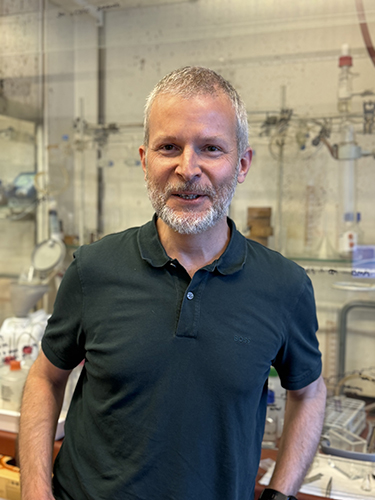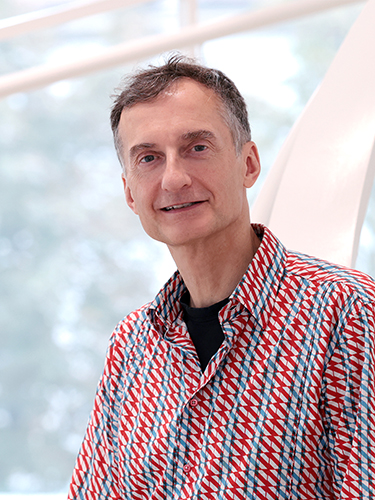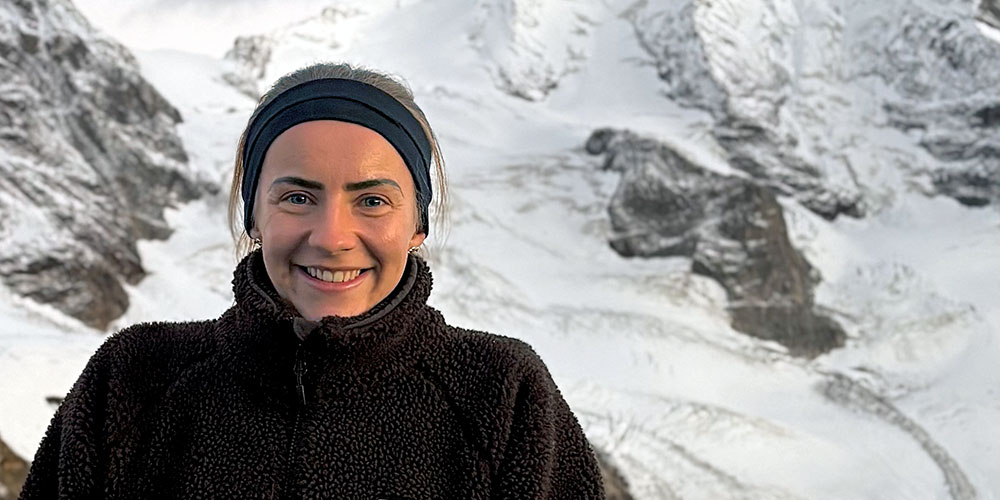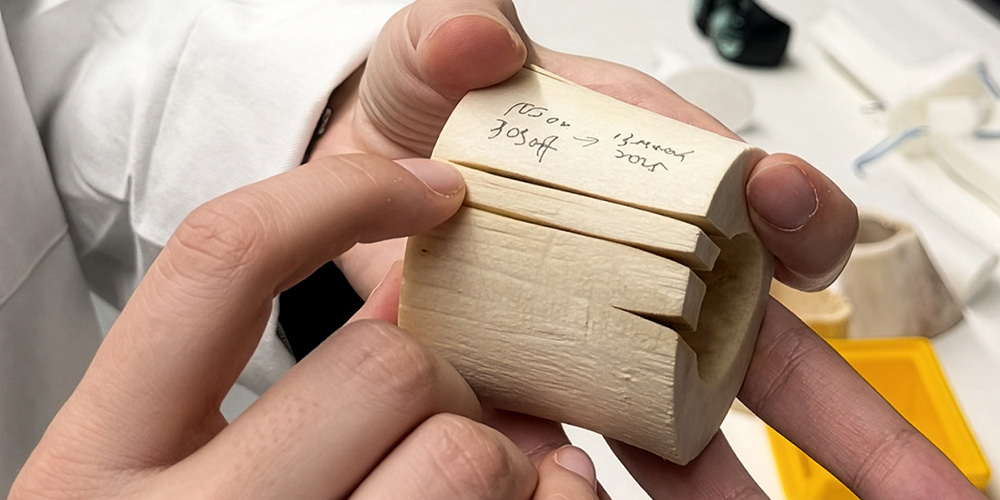Three ERC Advanced Grants for researchers in chemistry and biology
Following a highly competitive selection process, three researchers from the University of Basel have been awarded a European Research Council Grant. Over a period of five years, they will each receive around CHF 2.5 million for studies into nitrogen production, groundbreaking chemistry, and the internal organization of embryos.
17 June 2025 | Angelika Jacobs
The European Research Council (ERC) received over 2,500 applications for ERC Advanced Grants, with only around 280 projects receiving the prestigious EU funding. Three researchers from the University of Basel, managed to impress the council with their project applications.
New pathways to nitrogen
Professor Thomas Ward from the Department of Chemistry was one of the successful Advanced Grant applicants. His project “Bionix” (“biocatalytic oxidative dinitrogen fixation”) explores completely new ways of producing nitrate, which plays a key role in global agriculture as a plant nutrient in fertilizers. Professor Ward and his team are aiming to establish an efficient process that uses significantly less energy and produces fewer emissions.
Nitrogen is a key building block in all living matter. In the air however, nitrogen is present as dinitrogen gas (N₂), which most organisms are unable to assimilate. It was not until the early 20th century that the Haber-Bosch process succeeded in converting nitrogen from the air into ammonia (NH3), which can be used by plants. The reaction at the heart of this process is referred to as a “reduction”.
Under the Bionix project, Professor Ward and his colleagues are looking to take a radically different direction: to establish a process in which N2 is oxidized instead. The researchers aim to reprogram metalloenzymes from bacteria and archaea to catalyze the oxidation of N2 into nitrate.
Nitrate has numerous advantages over ammonia as a fertilizer, especially in dry soils. Oxidation of N2 also requires less energy than reduction, so the new process will reduce energy consumption in agriculture in the long term.
Breaking boundaries in photochemistry
Professor Oliver Wenger from the Department of Chemistry has received an Advanced Grant for his research projects in photochemistry, which involves chemical reactions triggered by light. This plays a part in processes such as the conversion of solar energy into other forms of energy.
Professor Wenger and his colleagues are seeking to expand the potential of photochemistry by attempting to overcome a fundamental hurdle. According to “Kasha’s rule”, only a molecule in the lowest state of energy can be used for a chemical reaction. In higher excited states they lose energy too quickly and therefore cannot be used for reactions.
The aim of the newly funded project “Breaking Kasha” is to push the boundaries of photochemistry with regard to Kasha’s rule and initiate reactions from highly excited states. The researchers are working on slowing the loss of energy in these more excited states, as well as accelerating photochemical reactions so they outpace the loss of energy.
If this type of reaction were to be established reliably, it could significantly influence certain areas of synthetic chemistry and the conversion of solar energy.
Front, back, top and bottom: how embryos organize themselves
Professor Alex Schier, Director of the Biozentrum, has received an Advanced Grant for his project “Selforganize” in the field of developmental biology. This project addresses the fundamental question of how body axes (i.e. front-back, top-bottom) develop in the embryo and how, in turn, this determines the positions of different organs.
The current thinking is that certain maternal signaling molecules help to promote internal organization of the embryo. However, there are indications that embryo-like structures and organs can also form from individual cells in the laboratory – without maternal signaling substances. Experts refer to this phenomenon as “self-organization”.
Professor Schier and his team are studying this phenomenon using the example of the killifish. Maternal factors do not seem to play a role in its embryonic development, with the embryonic cells initially dispersing randomly and only later reuniting to form an embryo. The researchers want to find out exactly how self-organization works in the killifish – that is, how the cells communicate with each other, and the messenger substances and mechanical signals this involves. A deeper understanding of self-organization in killifish could provide the basis for reconstructing organs in the laboratory via self-organization.
Switzerland regains full proposal rights
After an interruption of several years, the ERC Advanced Grant call for proposals was once again open to researchers in Switzerland. With the latest call for proposals falling in 2024, a transitional agreement applies: proposals from Switzerland were assessed by the ERC, but this round of financing is provided by the State Secretariat for Education, Research and Innovation (SERI). Starting with call year 2025, applicants from Switzerland will once again be fully entitled to submit proposals to the EU’s Horizon Europe research framework program.






